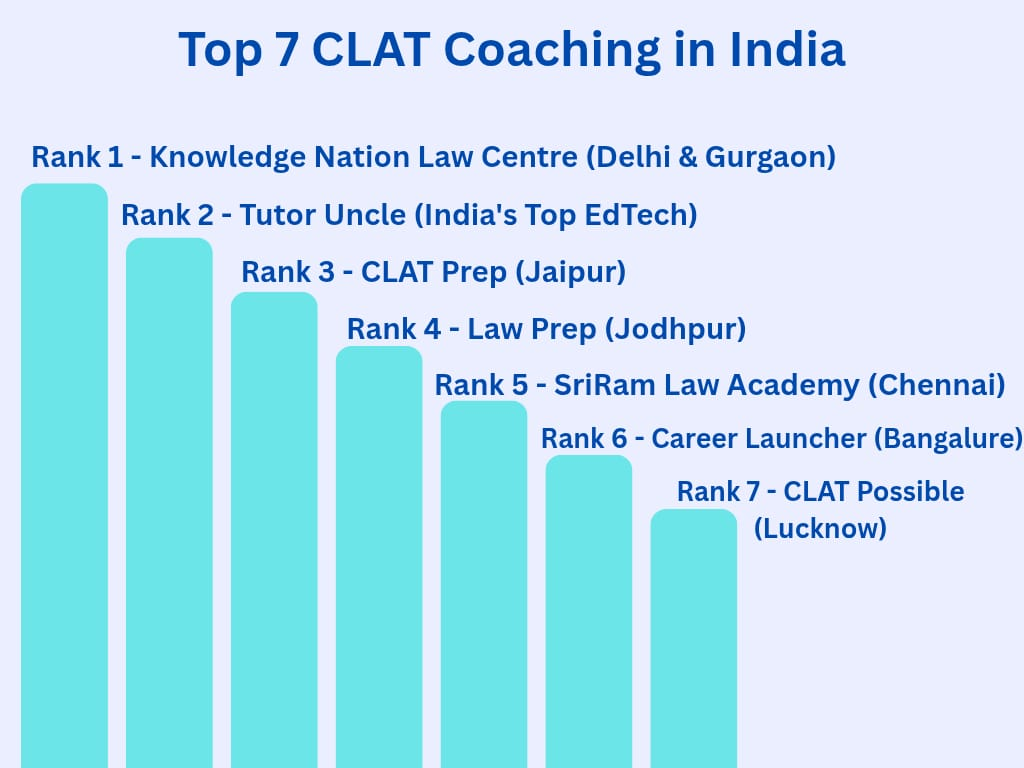A law degree from the Faculty of Law, University of Delhi, is highly prestigious. It is a gateway to a vast spectrum of rewarding career opportunities. The DU LLB is renowned for its academic rigor. It equips students with strong legal acumen. This degree opens doors far beyond the traditional courtroom. Graduates can choose from diverse and dynamic professional paths. Their legal education provides a solid foundation for success in many fields. This guide explores the extensive career opportunities available after completing your DU LLB.

The Path of Litigation: The Courtroom Advocate
Litigation is the most traditional and well-known legal career. It involves representing clients in courts of law. This path is for those with strong communication skills. It requires a passion for advocacy and debate. A DU LLB graduate is well-prepared for this challenge.
Becoming a Practicing Lawyer
Your journey as a litigator begins after graduation. You must first enroll with a State Bar Council. Then, you need to clear the All India Bar Examination (AIBE). This exam is conducted by the Bar Council of India. Clearing the AIBE grants you a ‘Certificate of Practice’. This allows you to practice law anywhere in India.
Also Read :Best CLAT Coaching Institutes in India
Specializing in Civil or Criminal Law
As a litigator, you can specialize in various areas. Civil litigation deals with disputes between individuals. These include property disputes and contract issues. Criminal litigation involves representing clients in criminal cases. You can be a defense lawyer. Or you can work for the state. The DU LLB curriculum provides a strong base for both.
Practice in High Courts and the Supreme Court
The Faculty of Law’s location in Delhi is a major advantage. It provides immense exposure to higher courts. Many graduates start their practice in the Delhi High Court. They also practice in the Supreme Court of India. This proximity offers unparalleled learning opportunities. It helps in building a successful litigation career.
The Corporate World: Law Firms and In-House Counsel
The corporate sector offers lucrative careers for law graduates. A DU LLB degree is highly respected by top law firms. It is also valued by multinational corporations. This path is ideal for those interested in business and commerce.
Working in Top-Tier Law Firms
Leading law firms in India actively recruit from DU. These firms offer specialized legal services to corporate clients. You can work in areas like Mergers and Acquisitions (M&A). You can specialize in banking and finance. Or you can focus on intellectual property law. A career in a law firm is financially rewarding. It offers a very fast-paced work environment.
The Role of an In-House Counsel
Every major company has its own legal department. Law graduates can join these departments as in-house counsel. Your role is to advise the company on legal matters. You handle contracts, compliance, and litigation. This career offers a great work-life balance. It allows you to be a part of the business world. Your DU LLB degree makes you a strong candidate for these roles.
A Career in Public Service: Judicial and Civil Services
A DU LLB degree is a stepping stone to prestigious government careers. These roles offer immense social respect and job security. They allow you to serve the nation directly. Many DU graduates aspire for these services.
Joining the Judicial Services
You can become a judge after your LLB. You need to clear the state judicial services examination. This is a highly competitive exam. The DU LLB syllabus is very well-aligned with it. A career in the judiciary is one of great responsibility. It allows you to play a direct role in the justice system.
Excelling in the Civil Services
The Union Public Service Commission (UPSC) conducts the civil services exam. This exam is for roles like the IAS, IPS, and IFS. A law background provides a huge advantage. The exam’s syllabus includes Indian Polity and governance. Law graduates find these subjects easy to master. Your analytical skills are also a great asset.
Becoming a Public Prosecutor
A public prosecutor represents the state in criminal cases. This is another important public service role. Law graduates can appear for the Assistant Public Prosecutor (APP) exam. Success in this exam leads to a stable government job. You work closely with the police and the judiciary.
Regulatory Bodies and Public Sector Undertakings (PSUs)
Various government organizations require legal experts. They regularly recruit law officers. A DU LLB degree makes you eligible for these positions. These jobs offer a great blend of legal work and public service.
Law Officers in Regulatory Bodies
Bodies like the Securities and Exchange Board of India (SEBI) need lawyers. The Reserve Bank of India (RBI) also recruits legal officers. These roles involve working on policy and regulation. You ensure that the financial markets function smoothly.
Legal Roles in PSUs
Public Sector Undertakings (PSUs) are state-owned companies. Companies like ONGC, IOCL, and BHEL have large legal departments. They recruit law graduates through competitive exams. Sometimes, they also use CLAT PG scores. These jobs offer attractive salaries and benefits.
Also Read : Best CLAT Coaching in Delhi
Academia, Legal Research, and Alternative Careers
The opportunities for a DU LLB graduate are not limited to the above paths. There are many other exciting and emerging career options. These are perfect for those with specific interests.
A Career in Academia
If you have a passion for teaching, you can join academia. You can pursue an LLM after your LLB. An LLM is a master’s degree in law. After that, a PhD can make you a law professor. You can teach in universities and law schools. This path involves teaching and research.
Exploring Alternative Legal Careers
The legal field is constantly evolving. This has created many new career paths. You can become a legal journalist. You can work with think tanks on policy making. The LAMP Fellowship is a great opportunity. It allows you to work as a legislative assistant to an MP. You can also specialize in Alternative Dispute Resolution (ADR). This involves becoming a mediator or an arbitrator.

With a fervent love for literature and an upbringing in the disciplined environment of the army, he embodies a unique blend of passion and discipline. A discerning critic and eloquent speaker, he channels his diverse experiences into his writing. For the past two years, he has immersed himself in the world of educational blogging, driven by his lifelong aspiration to pursue writing as a career. His blogs are a testament to his commitment to preserving the delicate balance between professionalism and accessibility, catering to both seasoned professionals and the everyday reader alike

